Integrates with your %%modern data stack%%
Sifflet seamlessly integrates into your data sources and preferred tools, and can run on AWS, Google Cloud Platform, and Microsoft Azure.
Thank you! Your submission has been received!
Oops! Something went wrong while submitting the form.
Results tag
Showing 0 results
More integration coming soon !
The Sifflet team is always working hard on incorporating more integrations into our product. Get in touch if you want us to keep you updated!
Oops! Something went wrong while submitting the form.














Still have a question in mind ?
Contact Us
Frequently asked questions
How is Sifflet using AI to improve data observability?
We're leveraging AI to make data observability smarter and more efficient. Our AI agent automates monitor creation and provides actionable insights for anomaly detection and root cause analysis. It's all about reducing manual effort while boosting data reliability at scale.
What role did data quality monitoring play in jobvalley’s success?
Data quality monitoring was key to jobvalley’s success. By using Sifflet’s data observability tools, they were able to validate the accuracy of business-critical tables, helping build trust in their data and supporting confident, data-driven decision-making.
What exactly is data observability, and how is it different from traditional data monitoring?
Great question! Data observability goes beyond traditional data monitoring by not only detecting when something breaks in your data pipelines, but also understanding why it matters. While monitoring might tell you a pipeline failed, data observability connects that failure to business impact—like whether your CFO’s dashboard is now showing outdated numbers. It's about trust, context, and actionability.
Why is standardization important when scaling dbt, and how does Sifflet support it?
Standardization is key to maintaining control as your dbt project grows. Sifflet supports this by centralizing metadata and enabling compliance monitoring through features like data contracts enforcement and asset tagging. This ensures consistency, improves data governance, and reduces the risk of data drift or unmonitored critical assets.
How does Sifflet help with data discovery across different tools like Snowflake and BigQuery?
Great question! Sifflet acts as a unified observability platform that consolidates metadata from tools like Snowflake and BigQuery into one centralized Data Catalog. By surfacing tags, labels, and schema details, it makes data discovery and governance much easier for all stakeholders.
What role does data lineage tracking play in data governance?
Data lineage tracking is essential for understanding where data comes from, how it changes, and where it goes. It supports compliance efforts, improves root cause analysis, and reduces confusion in cross-functional teams. Combined with data governance, lineage tracking ensures transparency in data pipelines and builds trust in analytics and reporting.
What role does MCP play in improving data quality monitoring?
MCP enables LLMs to access structured context like schema changes, validation rules, and logs, making it easier to detect and explain data quality issues. With tool calls and memory, agents can continuously monitor pipelines and proactively alert teams when data quality deteriorates. This supports better SLA compliance and more reliable data operations.
Can I use Sifflet to detect bad-quality data in my Airflow pipelines?
Absolutely! With Sifflet’s data quality monitoring integrated into Airflow DAGs, you can detect and isolate bad-quality data before it impacts downstream processes. This helps maintain high data reliability and supports SLA compliance.






.svg)


































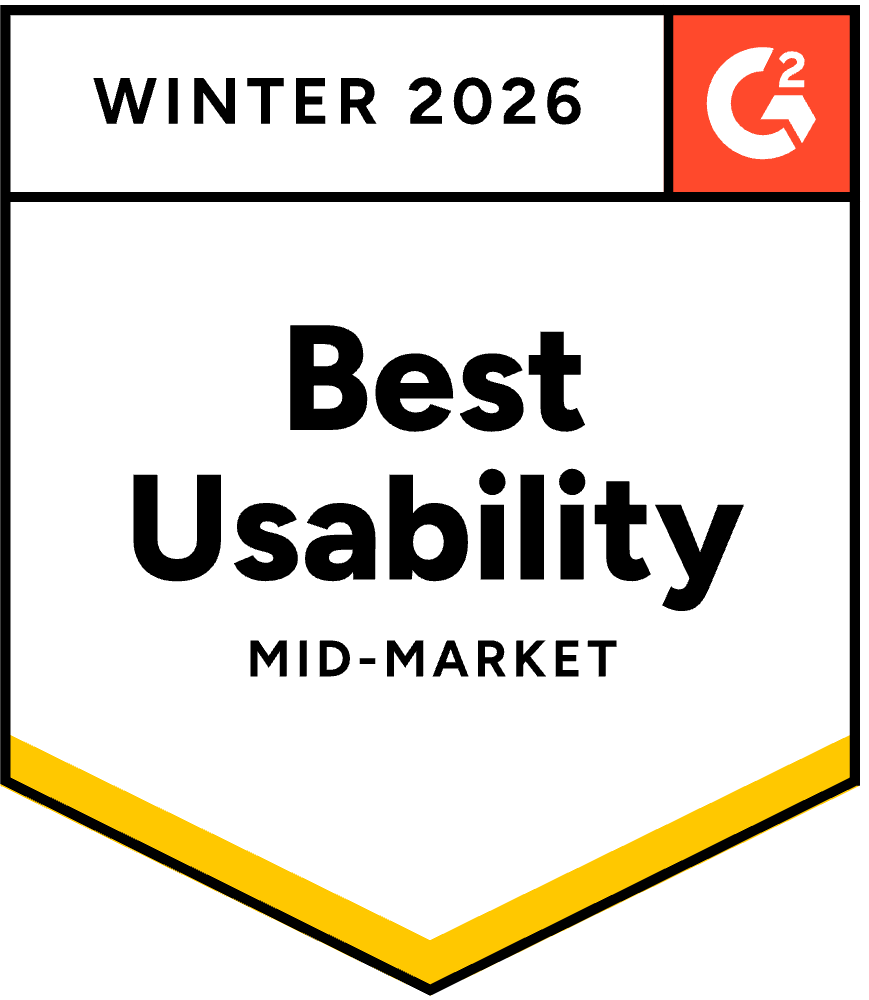

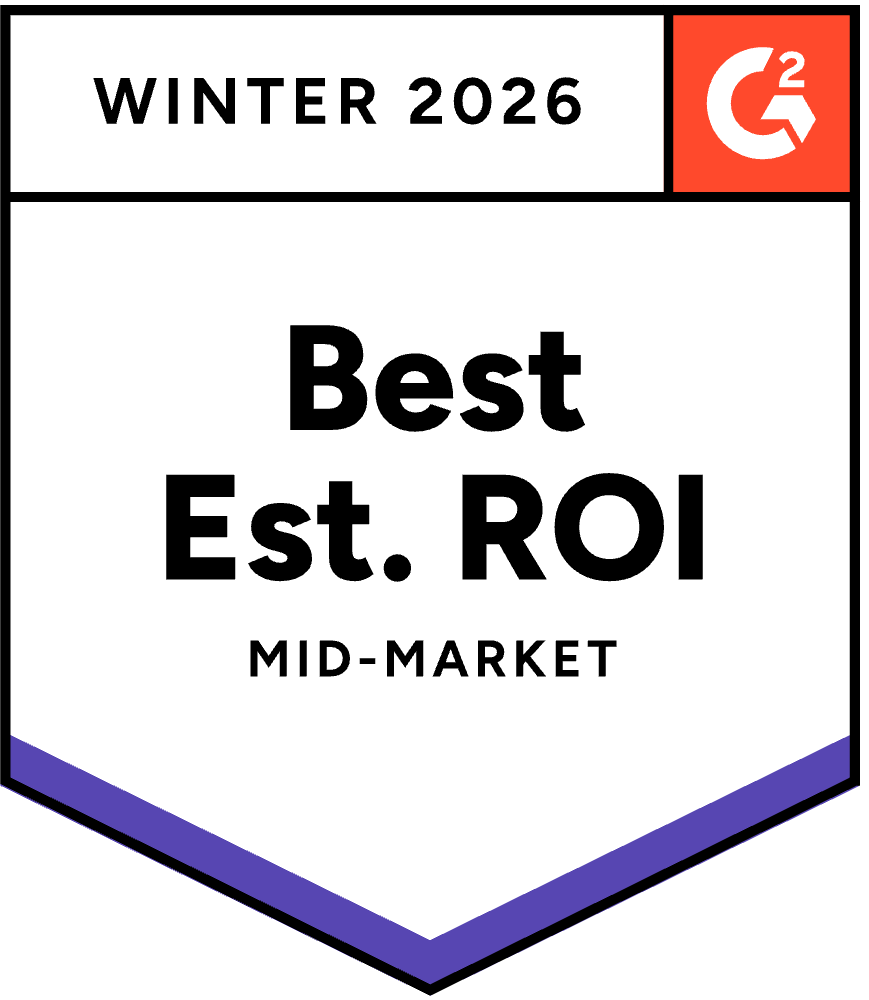
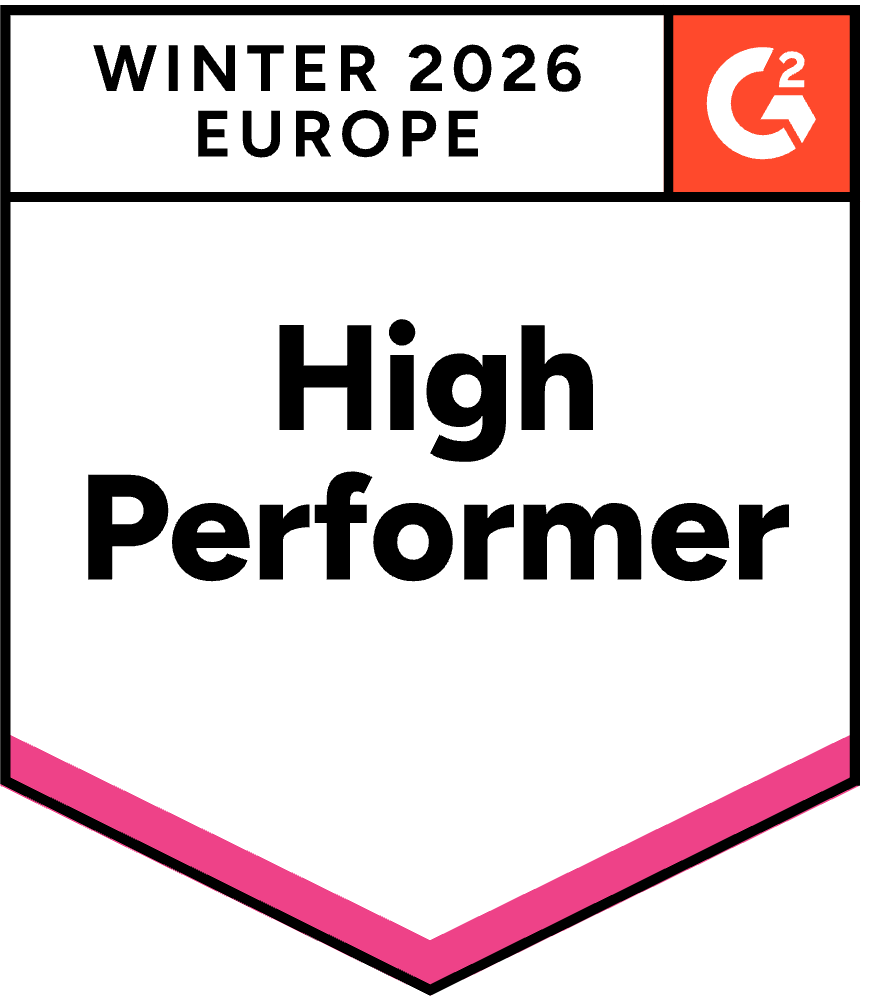

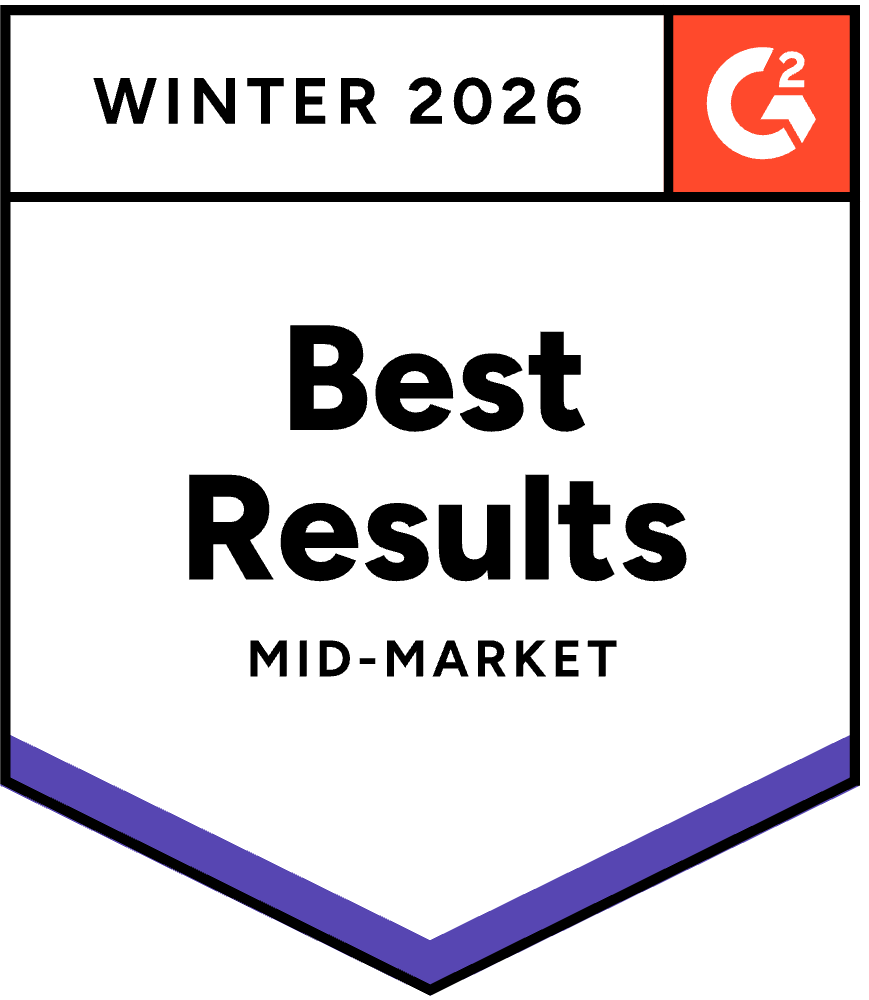


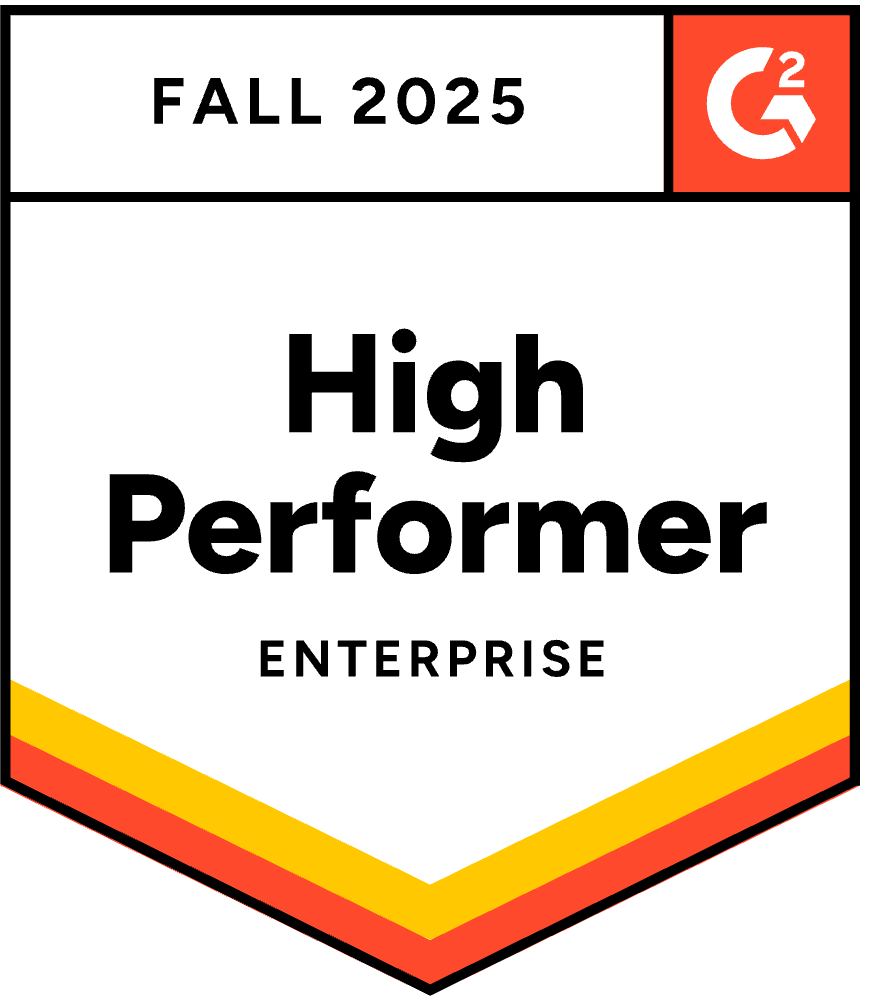


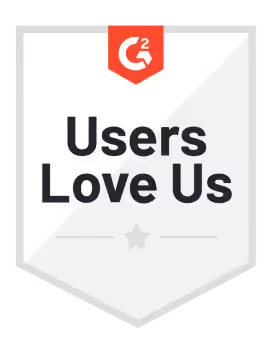
-p-500.png)
